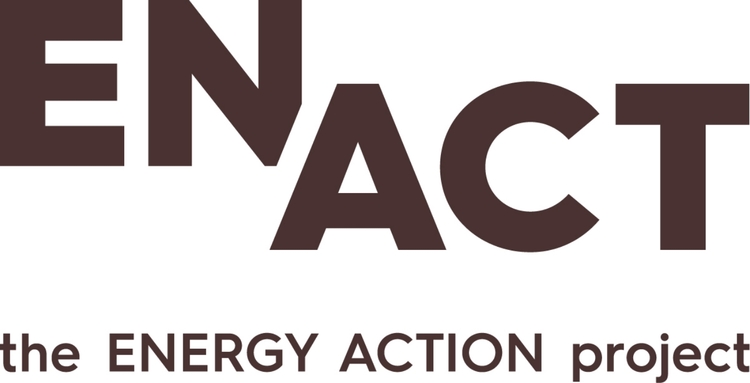Anxiety, depression, feelings of misery and the development of new or recurrence of existing health problems. Such mental and physical health impacts have previously been linked to the pressures of university life.
But new research by Students Achieving Valuable Energy Savings 2 (SAVES2)[1] shows these conditions can be exacerbated by a situation that has gotten little attention: i.e. that poor housing conditions, tight budgets and low understanding of energy drive many students into energy poverty.
According to SAVES2, factors that influence their choice of accommodations play a huge role for students who find themselves ‘energy poor’. When apartment hunting, they typically prioritise what fits their budgets and convenience to campus. All too often, these rental accommodations are poorly maintained, and landlords are unresponsive, leaving students feeling ‘powerless’ once a lease is signed.
For many young people, university is their first time living away from home. They typically have low awareness of how to manage home heating or how energy costs can skyrocket because of the building quality and/or the behaviour of occupants. When high bills start to arrive, many try to cope by slashing how much they use their heating system. Negative physical and mental health impacts soon take a toll; while no specific research has been done to confirm it, SAVES2 is concerned that this ultimately affects grades.
Energy poverty also affects the social lives of students. SAVES2 surveys show that a large share of respondents avoids inviting friends and family to their homes, with particularly high shares in Cyprus (21%), Greece (19%) and Ireland (17%). A gender element also emerges: while young women show greater capacity than their male counterparts to adapt to living in cold conditions, they are more likely to live in homes with damp, mold and draughts and more vulnerable to associated physical and mental health effects.
How SAVES 2 helps students cope with energy challenges
While the SAVES2 programme was initially launched to assess how prevalent energy poverty is among students, importantly, it does much more than conduct research. On campuses across seven EU countries – Bulgaria, Cyprus, Greece, Ireland, Lithuania, Romania and the United Kingdom – it has set up initiatives to engage, educate and empower students.
The 11 partners that make up SAVES2 work with students to implement two campaigns: Student Switch off (SSO) and Student Switch Off+ (SSO+), both of which promote and catalyse sustainable energy behaviors. With today’s students being highly aware of climate change, SAVES2 finds university days are a good time to instill more sustainable energy habits.
For more insights on SAVES2 research and advocacy work to address student energy poverty, click on ‘In-depth’ above.
Text by Almustaqim Balogun, EnAct Intern
For more information on SAVES2: https://saves.nus.org.uk/
[1] SAVES2 is funded and supported by the European Union Horizon 2020 programme.


